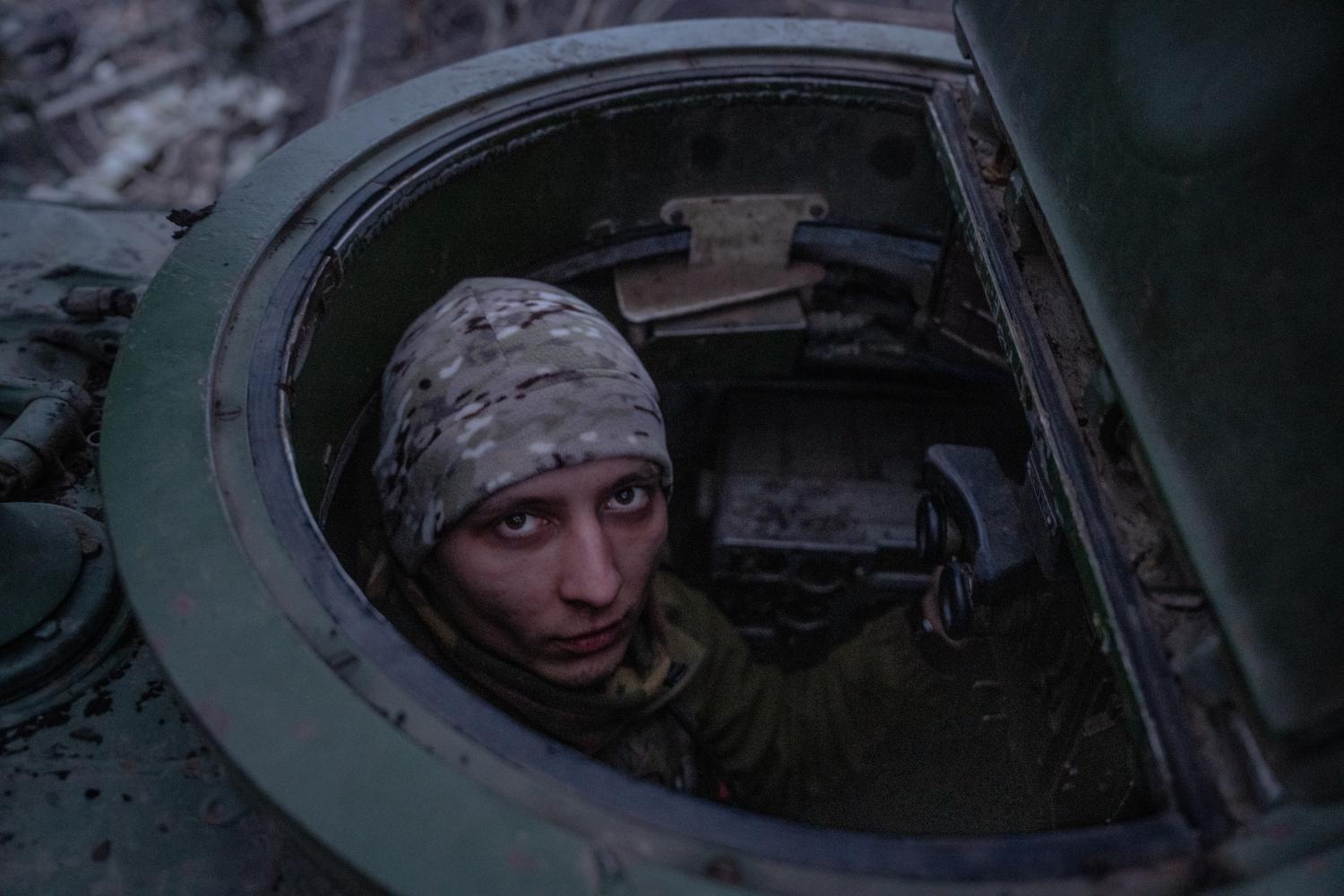To the dismay of many in Ukraine and beyond, Russia has proven more resilient and adaptive than its performance in the early days of the war indicated. I recently returned from my latest visit to Ukraine, where I spoke with government and military officials as well as think tanks and journalists. The most important insight from my visit was confirmation that Russia now has the strategic momentum in the war.
Russia has recovered psychologically from the shock of its early failures. The Russian president and his government now possess a renewed sense of optimism about the trajectory of Russian operations. The Russian military in the past two years has undertaken a transformation in its warfighting capability, something that it should have completed, but did not, in the preceding decade of reform. Russia’s defence industry has significantly increased the output of military materiel while also exploiting Cold War stockpiles and regenerating moth-balled factories.
Russia began the war with maximal objectives but without the military capacity to achieve them. Now, it appears capable of generating the human, materiel and informational resources to subjugate Ukraine in a way it was not capable of when it began its large-scale invasion in February 2022.
Both sides have demonstrated an ability to learn and adapt. Ukraine has arguably shown a superior capacity to undertake tactical or bottom-up adaptation. This has seen it generate an advantage in areas such as drones. Russia has proven superior in strategic adaptation, particularly in areas such as the mobilisation of people and expansion of its industrial output.
Russia is now a more dangerous adversary than it was two years ago. This calls for change in how the war is fought.
The first area where Ukraine and its supporters must change is war strategy. Until now, the West has adopted a strategic posture focused on defending Ukraine. This ensured the survival of Ukraine until now, but the revived and more dangerous threat of Russia means “defending Ukraine” is now a strategy for defeat.
There is a compelling and urgent need for NATO to change from a “defend Ukraine” policy to one of “defeat Russia in Ukraine”. At the same time, Ukraine needs to develop and share with its supporters its theory of victory. One official in Kyiv told me there is no clear vision of how Ukraine will win. A new Ukrainian theory of victory must be a foundational element of any revised Western strategy.
The resources necessary for such a strategy will mean higher defence budgets, increased orders from defence industry, and significantly increased aid to Ukraine. However, given the threats made by Russian officials against Finland, Sweden, the Baltics and other European nations, the cost of not resourcing a “defeat Russia in Ukraine” strategy may be an order of magnitude greater in the long run, should Russia defeat Ukraine.
Another area where rapid change is necessary is strategic communications. While confronting Russian misinformation activities is the responsibility of all democracies, Ukraine’s strategic messaging must evolve. Ukrainian influence campaigns in the first 18 months of the war were exemplars of the art of strategic communications. But, the convergence of a failed counter-offensive, a recent civil-military crisis, the shift in attention to Gaza, and the political debate over mobilisation has resulted in significantly less focus on Ukraine by global media and Western publics.
Ukraine needs to discover a new voice that explains the importance of its defence, why Western support is vital, and that Russian narratives about inevitable victory are wrong.
The situation is grim. The challenge of a vastly improved Russia has been magnified by shortfalls in foreign military aid, especially from the United States but also countries such as Australia. There are, however, aspects of the war that offer a foundation for an evolved Ukrainian strategy and influence campaign.
Ukraine’s maturing strategic strike complex - the combination of intelligence, military planning, and aerial and maritime drones to strike Russian targets at long range - is making significant progress in the Black Sea as well as against Russian airfields and oil refineries. This capacity, which is improving in its reach and effectiveness, will be a key part of future Ukrainian operations. The development of this strike complex has been an extraordinary achievement in the past two years.
Ukraine’s defence industry has also seen rapid development in the past two years. After being allowed to wither as the Soviet Union dissolved, there is a new focus on indigenous military research and production. Between 2022 and 2023, the value of military materiel produced in Ukraine tripled. This then doubled in the past year. Artillery production tripled in the past year, and Ukraine now produces hundreds of thousands of small drones as well as thousands of large drones with increasing range and larger warheads.
In a recent interview with Ukrainian media, President Zelenskyy said his nation would find it very difficult to get through 2024 without more help from foreign supporters. This is a challenging diagnosis for those who have supported Ukraine with military, financial, humanitarian and diplomatic aid. With their expanding defence industry, strategic strike capability and changes to personnel mobilisation and allocation, Ukraine has a firm foundation to reconstitute for future offensives. But realising this potential will need a change in strategy and a greater degree of support and risk-taking from Western nations.
